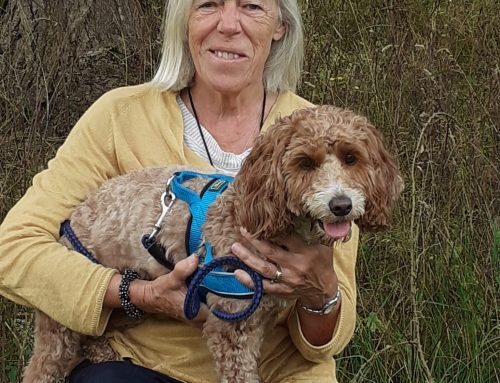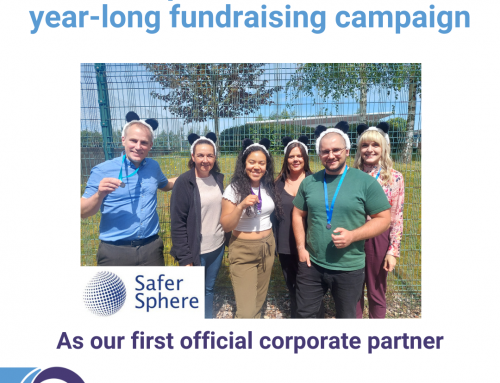
Last week the Westminster Commission on Autism launched its report ‘A Spectrum of Obstacles’ about the difficulties autistic people have in accessing healthcare following a nine-month review of evidence. It is an excellent report which reflects so many of our everyday experiences, and looks strategically at what differences could be made.
A visit to the GP or a hospital appointment can be very anxiety-provoking for autistic people. Bright lights or lots of noise can be overwhelming, questions can be difficult to answer and trying to describe symptoms can be a real challenge.
So it is no surprise that autistic people would feel happier about accessing healthcare if their needs were better understood and accommodated. Many of the report’s recommendations are about systems, such as the need to collect data and to have a national clinical director with a focus on autism. Better training for doctors is also suggested. One recommendation has already been accepted: that inspectors should ask specific questions about autism when visiting hospitals.
The report is also a good reminder of things us patients can do to make life easier, with recommendations which will be equally applicable for those with PDA.
The Royal College of GPs has recently published a guide for patients which includes the following recommendations:
- Ask your doctor to code your medical record to show that any diagnosis is a ‘significant active problem’ so they immediately know that the patient is autistic
- Think about what would make the visit easier and ask the surgery to ‘flag’ the information for future visits. For example:
- It may be best to have appointments at the start or end of the day so the surgery is less busy and the doctor has more time to spend with you
- The surgery may have a quiet room where you could wait, or be able to call you in from outside
You can read the other suggestions in the full one-page guide or take a look at the easy-read version. The NAS has also produced a ‘hospital passport’ which is useful if a hospital stay is necessary.All this work is testament to the way in which autism is being more widely understood. While change takes time, it is good to think that the door is opening. With a bit of courage, we might all also be able to do our bit to ask for help to get the healthcare we need.





